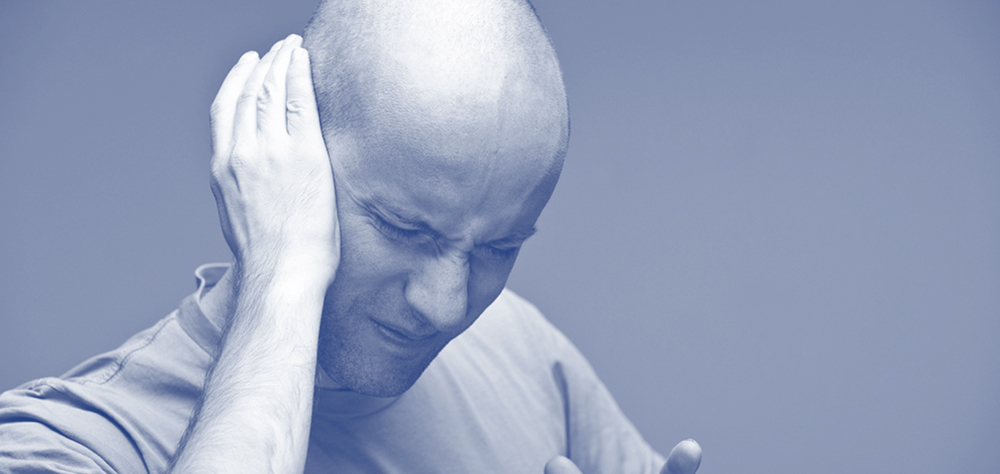Hearing is one of the most central parts of most our lives, so much so that we can often take it for granted. When we experience something out of the ordinary with our hearing though, its normal to be a bit concerned. Fortunately, many of these symptoms are innocuous but it’s still important to have them checked when we’re experiencing problems.
One of the most commonly experienced hearing problems is a ringing in the ears. A lot of the time this is temporary and simply the result of some external stress. If you’ve been to a loud concert or been around when something has dropped at a worksite you may have experienced this temporary ringing.
Tinnitus, on the other hand, is a ringing that occurs despite the lack of external noise. Today we’re going to learn a little bit more about tinnitus and living with this condition.
What Exactly is Tinnitus?
Tinnitus is a ringing, buzzing, chirping or whistling in the ears or head. It can be continuous or intermittent and its loudness also varies. While tinnitus is a physical condition, it is not a disease in and of itself, but a symptom.
An estimated 18% of Australians have tinnitus at some point in their life. While it regularly associated with deafness, this is actually a misconception – tinnitus is not known to cause or be caused by deafness.
So, What is the Cause of Tinnitus?
Tinnitus can be caused by any number of ear-related conditions, including prolonged exposure to loud noises. Most people with tinnitus have some sort of induced hearing loss and the noise that tinnitus produces can permanently damage parts of the ear, including the cochlea.
Some causes of tinnitus include:Depending on the cause of your tinnitus, there may be a way to treat and relieve it.
- Excessive ear wax
- Ear infections
- Some antibiotic anti-inflammatory and anti-depressant drugs
- Diseases of the ear including Meniere’s disease and Otosclerosis
- High blood pressure
- Neck and back injuries
- TMJ problems
What Makes Tinnitus Worse?
Tinnitus symptoms can be aggravated in a wide range of ways, many of which are related to the causes themselves. For example, loud noises and medications can both cause tinnitus symptoms and they can also play a role in making it worse. Here are a few other things to be aware of:
- Stress and fatigue – consider changing your lifestyle or introducing relaxation techniques, sports or yoga if stress and fatigue worsen your symptoms
- Caffeine – coffee, tea and caffeinated soft drink are all among the things that can temporarily aggravate tinnitus
- Nicotine and marijuana – a narrowing of blood vessels can limit the oxygen supply to your ears
Relief and Treatment
Depending on the cause of your tinnitus, there may be a way to treat and relieve it. Audiologists, doctors and ear nose and throat specialists may be able to assist you in treating the cause of your tinnitus.
Possible treatments include:
- Hearing devices – a properly fitted, high-quality device can mask the symptoms of tinnitus and restore hearing
- Therapeutic Noise Generators – if you have no hearing loss, these devices can be fitted to your ears to deviate attention away from your symptoms
- Other specific treatments – stress management techniques, TMJ treatment and even certain medical remedies may play a part, depending on the cause.



